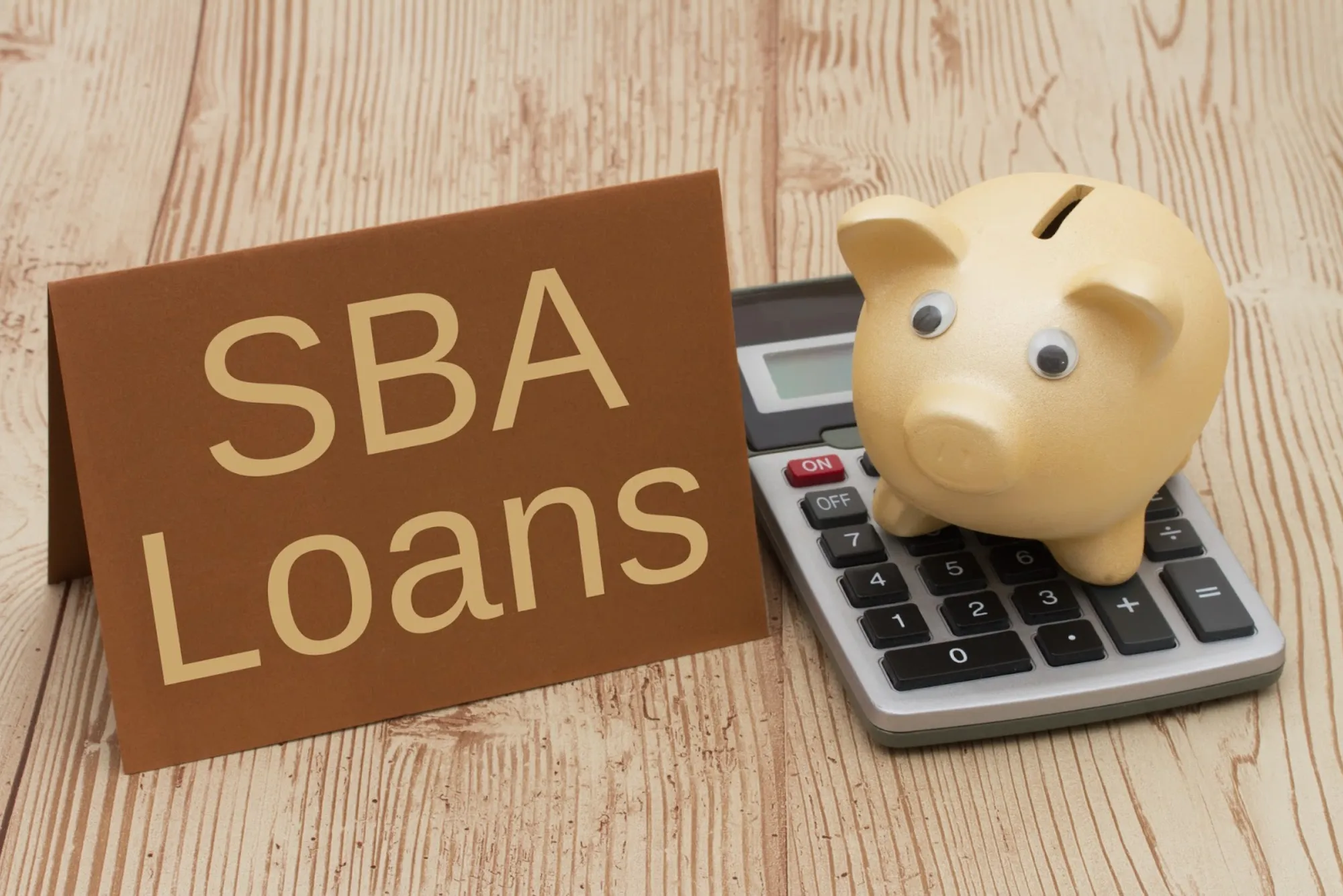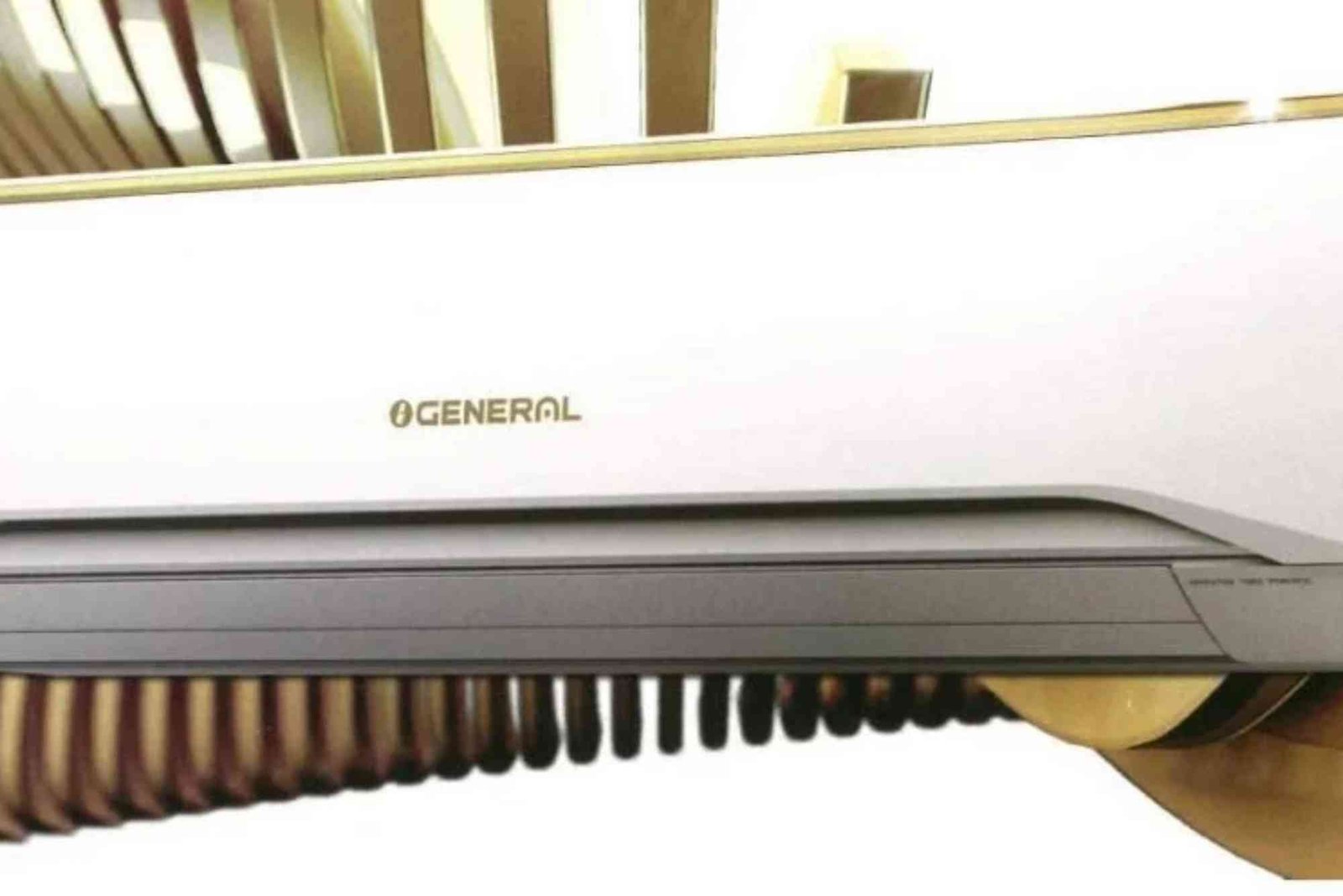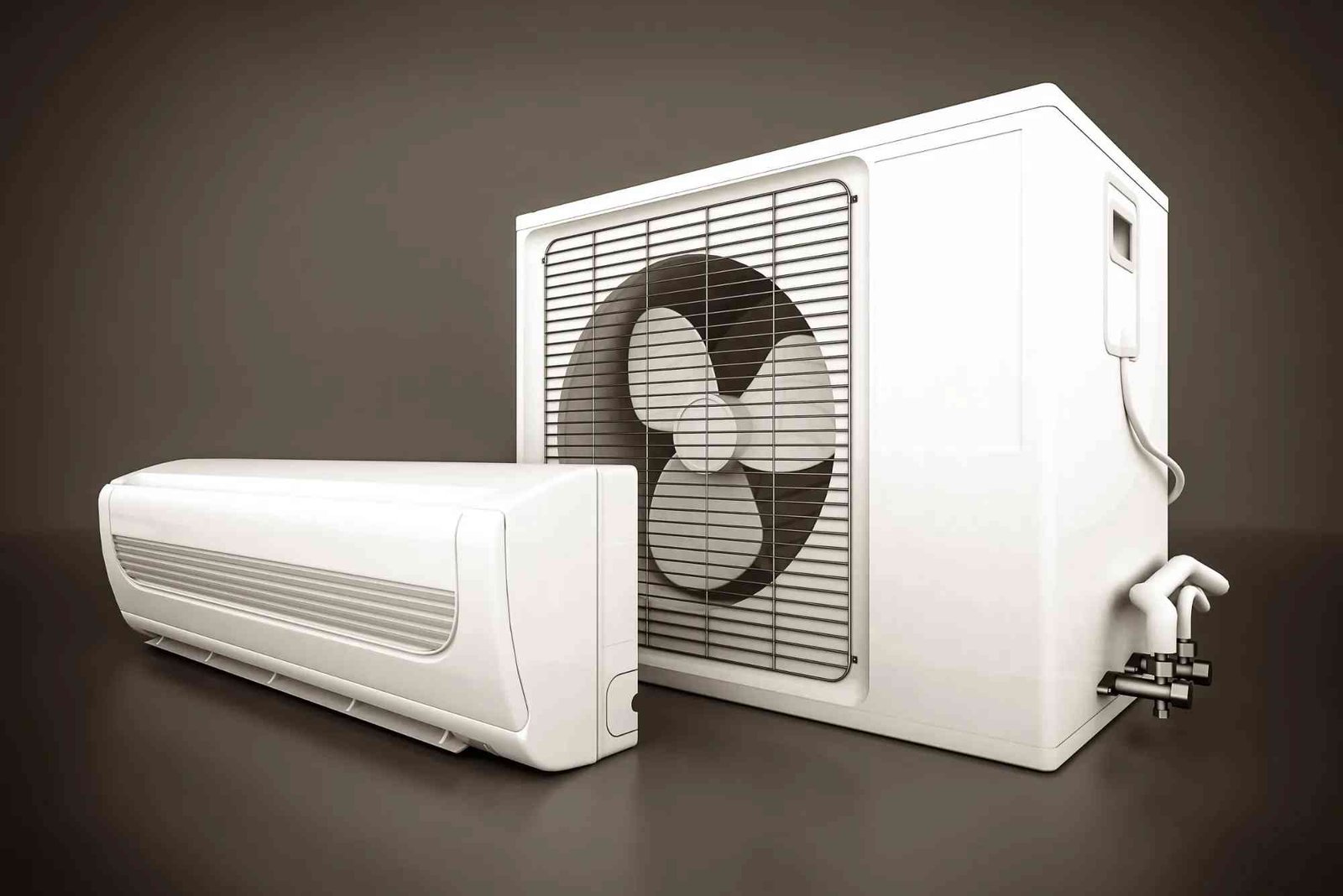The SBA 7(a) Loan program is a popular option for small business owners looking for funding to start, grow, or maintain their businesses. Whether you need working capital, equipment, or even real estate, this loan offers flexible terms, competitive interest rates, and low down payments. This guide will walk you through everything you need to know about SBA 7(a) loans, from eligibility to the application process.
What is an SBA 7(a) Loan?
Definition and Overview
The SBA 7(a) Loan program is the primary loan option provided by the U.S. Small Business Administration (SBA) to support small businesses. This loan is designed for businesses looking for financial assistance to cover a variety of needs, such as working capital, purchasing inventory or equipment, and refinancing debt.
Types of SBA 7(a) Loans
- Standard 7(a) Loan – Up to $5 million for various business purposes.
- Small 7(a) Loan – A simplified process for loans up to $350,000.
- SBA Express Loan – Offers faster approval for loans up to $350,000 with a turnaround time of 36 hours.
- Export Loan – For businesses involved in international trade.
- CAPLines – Short-term financing to meet cyclical or seasonal demands.
Benefits of SBA 7(a) Loan

Flexible Loan Use
One of the biggest benefits of the SBA 7(a) loan is its flexibility. You can use the funds for a variety of purposes, including purchasing real estate, financing inventory, and covering working capital needs.
Competitive Interest Rates
SBA 7(a) loans offer some of the most competitive interest rates in the industry. These rates are typically lower than other loan types because the SBA guarantees a portion of the loan.
Low Down Payment
The down payment required for an SBA 7(a) loan is generally lower than traditional bank loans, which makes it more accessible for small businesses that might not have large amounts of cash on hand.
SBA 7(a) Loan Eligibility

Business Size Requirements
To qualify for an SBA 7(a) loan, your business must meet the SBA’s definition of a small business. This varies by industry but typically includes having fewer than 500 employees or less than $7.5 million in annual revenue.
Credit Score and Financial Requirements
A good credit score is important when applying for an SBA 7(a) loan. While the SBA does not specify a minimum credit score, lenders usually require a score of 680 or higher. Additionally, the business must show sufficient cash flow to cover loan payments.
Business Type and Location
Most businesses qualify for SBA 7(a) loans, but there are some restrictions. For instance, businesses involved in illegal activities, gambling, or speculative real estate investment are not eligible. Your business must also be located in the U.S. or its territories.
How to Apply for an SBA 7(a) Loan
Step-by-Step Application Process
- Gather Financial Documents – This includes tax returns, financial statements, and a business plan.
- Find an SBA-Approved Lender – The SBA works with a network of approved lenders who can process 7(a) loans.
- Complete Forms – This includes the SBA Form 1919 (Borrower Information Form) and other lender-specific paperwork.
- Submit Application – Once you submit your application, the lender will review it and send it to the SBA for approval.
Common Pitfalls to Avoid
- Incomplete applications or missing documents can delay the process.
- Ensure that your business plan clearly outlines how the funds will be used.
- Make sure your credit score and financial records are accurate and up to date before applying.
SBA 7(a) Loan Terms and Repayment

Loan Amounts and Terms
Loan amounts for the SBA 7(a) loan range from $5,000 to $5 million. The terms typically depend on how you plan to use the funds:
- Working Capital: Terms up to 7 years.
- Equipment Financing: Terms up to 10 years.
- Real Estate: Terms up to 25 years.
Repayment Terms
Interest rates for SBA 7(a) loans can be fixed or variable and typically range between 5.5% to 8%. Repayment is usually made on a monthly basis, with terms depending on the loan type and use of funds.
SBA 7(a) Loan vs. Other SBA Loans
Comparison with SBA 504 Loan
While the SBA 7(a) loan is versatile, the SBA 504 Loan is specifically designed for purchasing fixed assets like real estate or machinery. The 504 Loan usually requires a higher down payment but offers lower interest rates for long-term investments.
SBA Express Loan
The SBA Express Loan offers a faster approval process (typically within 36 hours) but is capped at $350,000. This is ideal for businesses that need quick access to funds but can work with a smaller loan amount.
Success Stories: How SBA 7(a) Loans Help Small Businesses
Case Study 1: Expanding a Retail Business
A small retail shop was able to secure an SBA 7(a) loan to purchase additional inventory and expand to a second location. The loan enabled the owner to increase revenue by 40% within the first year.
Case Study 2: Funding a Start-Up
An entrepreneur used an SBA 7(a) loan to cover initial start-up costs for a tech consulting business. Within two years, the company had grown to over 10 employees and doubled its annual revenue.
Frequently Asked Questions (FAQs)
- What is the maximum loan amount for SBA 7(a)?
- The maximum loan amount for an SBA 7(a) loan is $5 million.
- How long does it take to get an SBA 7(a) loan?
- The process typically takes 30 to 90 days, depending on the lender and the complexity of your application.
- Can I use an SBA 7(a) loan to refinance debt?
- Yes, SBA 7(a) loans can be used to refinance existing business debt.
- What is the interest rate on SBA 7(a) loans?
- Interest rates for SBA 7(a) loans range from 5.5% to 8%, depending on the loan amount, terms, and the lender.
Is the SBA 7(a) Loan Right for Your Business?
The SBA 7(a) loan is an excellent option for small businesses looking for flexible financing with favorable terms. Whether you’re expanding operations, purchasing equipment, or looking to refinance existing debt, this loan offers a variety of benefits. If you’re considering an SBA 7(a) loan, make sure to work with an SBA-approved lender to guide you through the process.
Table: SBA 7(a) Loan Types and Features
| Loan Type | Max Loan Amount | Approval Time | Typical Use |
|---|---|---|---|
| Standard 7(a) Loan | $5 million | 30-90 days | Working capital, equipment, real estate |
| Small 7(a) Loan | $350,000 | 30-60 days | Smaller business needs |
| SBA Express Loan | $350,000 | 36 hours | Quick financing, working capital |
| Export Loan | $500,000 | 60-90 days | International trade financing |
| CAPLines | $5 million | 30-90 days | Seasonal or cyclical expenses |
This article is structured to be comprehensive yet easy to navigate, providing all the necessary details for small business owners interested in an SBA 7(a) Loan. Let me know if you need any adjustments!



